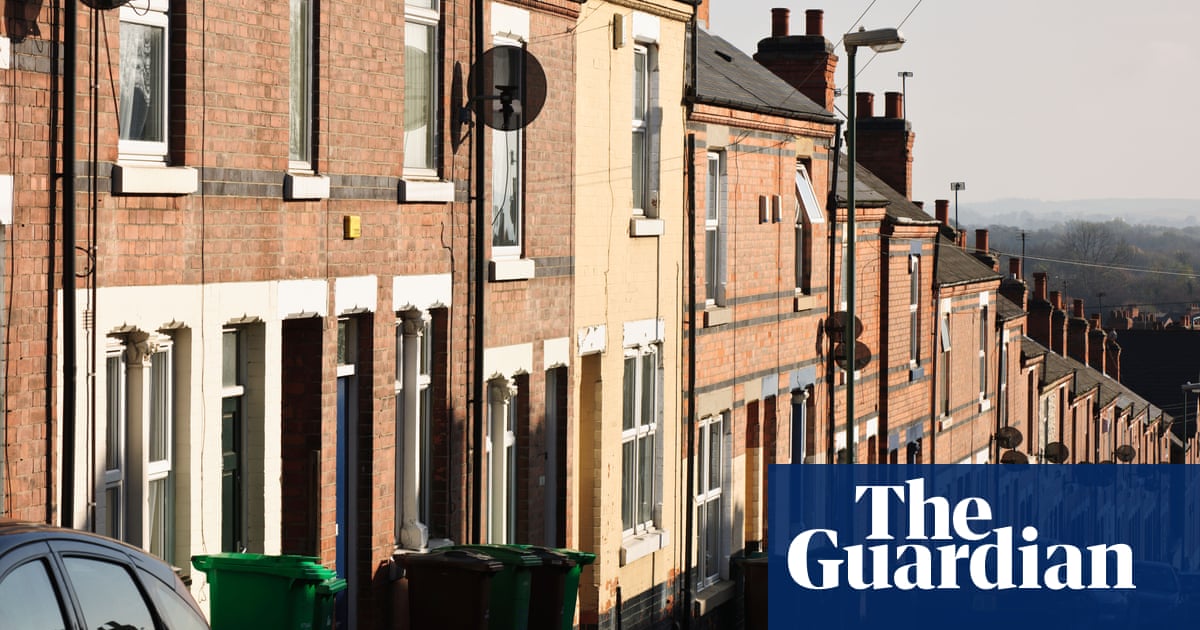
The BBC is to make 450 staff working on its regional programmes in England redundant as part of cost-cutting measures which will see many well-known local television and radio presenters lose their jobs.
The corporation also announced Inside Out, the award-winning regional current affairs strand with 11 regional editions in England, would be axed despite a campaign by celebrities to save it.
The National Union of Journalists said the plan, under which a sixth of BBC England staff will lose their jobs to save £25m, would have a serious impact on the BBC’s “ability to represent all parts of the country and produce high-quality local news and investigative journalism”.
The announcement comes despite the BBC repeatedly emphasising its desire to move more jobs outside London and promote its ability to provide regional news in areas abandoned by commercial broadcasters.
Inside Out will be replaced with a show dedicated to investigative reporting. Six editions will be produced in Leeds, Newcastle, Birmingham, Bristol, Norwich and London providing “local” current affairs coverage across England.
Inside Out teams currently based in Nottingham, Salford, Tunbridge Wells, Southampton and Plymouth will be axed, with 29 jobs lost and viewers making do with the new larger regions.
The BBC’s local radio stations and television bulletins will be hit particularly hard, with a substantial reduction in the number of on-air presenters as part of 139 job cuts. All stations will operate with just three daytime shows, a schedule initially imposed as a temporary measure during the pandemic. Any shows with two hosts will be required to go down to just one presenter – meaning an end to some long-established breakfast partnerships.
A similar cull of longstanding local television hosts is on the cards, with all regional English bulletins required to have just one presenter to cut costs. This will set up a head-to-head competition in regions such as Yorkshire, where the Look North show is co-hosted by the veteran presenter Harry Gration and Amy Garcia.
However, all regional Sunday Politics interview shows will come back on air in September after pressure from MPs.
Regional television and online teams will also merge, with the BBC England director, Helen Thomas, saying the current structure does not reflect where audiences are: “We are in the age of the Facebook community group and the WhatsApp neighbourhood chat. We must adapt to better reflect how people live their lives, how they get their news and what content they want.”
The cuts largely relate to the funding deal agreed by the outgoing BBC director general, Tony Hall, with the Conservative government in 2015. However, the coronavirus pandemic has hit income hard and delayed the introduction of the licence fee for most over-75s, meaning the BBC is already facing up to making a further £125m of cost savings.
There were announcements earlier this month that 150 jobs would go at the BBC’s offices in Scotland, Wales and Northern Ireland.
Paul Siegert, NUJ national broadcasting organiser, said: “The hit to local radio – for staff and listeners – will be a major blow. Commercial radio has all but given up on providing any local news and radio has been a great mainstay for many communities during the crisis.
“It’s also unclear how 142 jobs can go from regional TV and online unless there’s going to be a serious drop in quality and standards. The union will fight these cuts”












